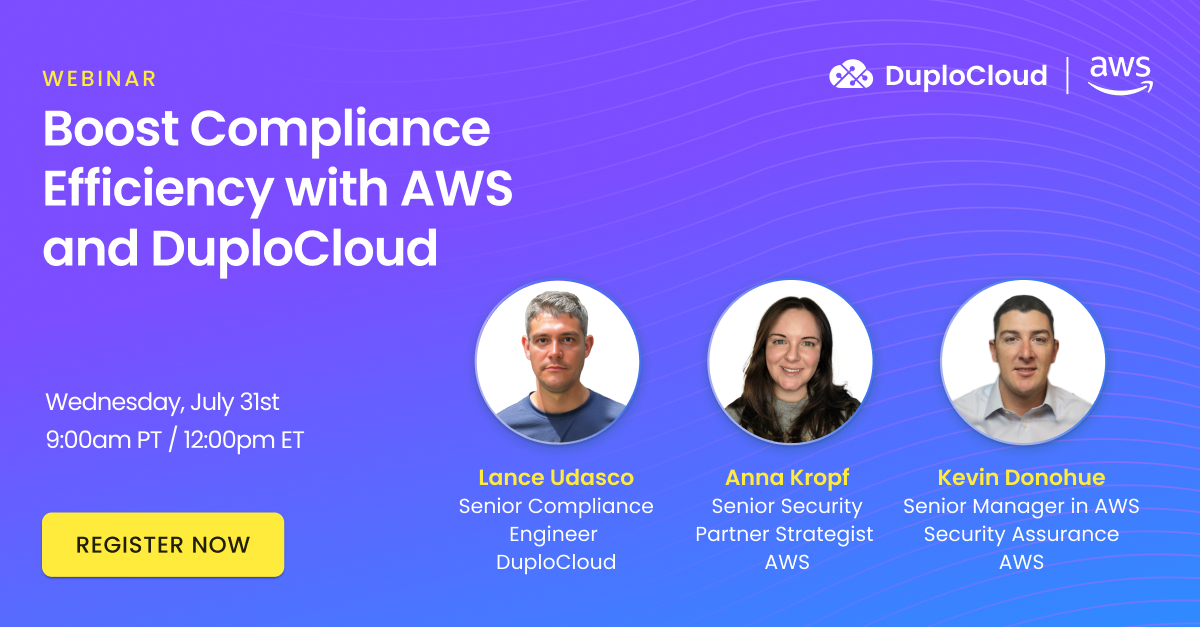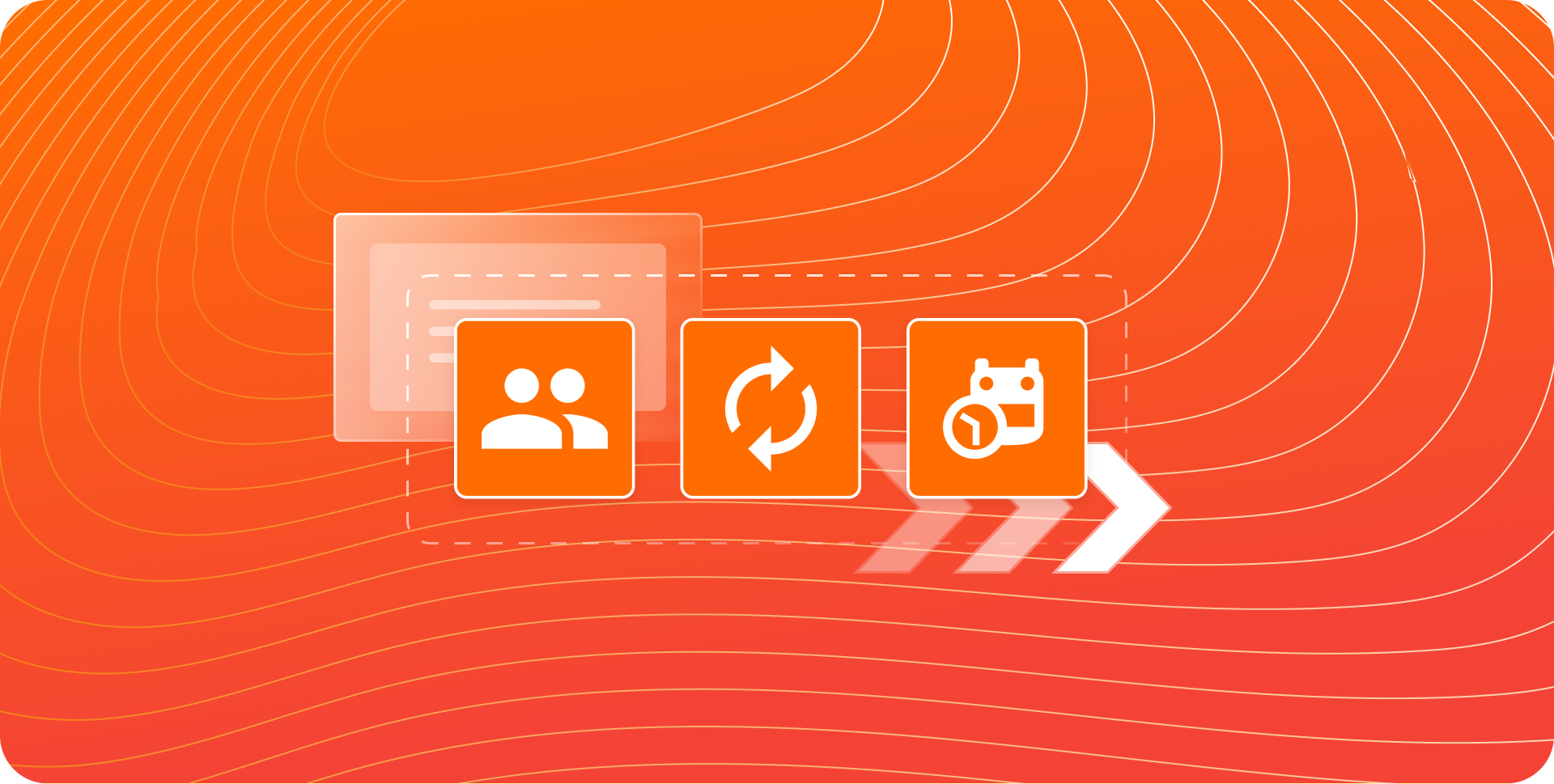As the healthcare industry embraces the cloud, compliance and ease of use should be top priorities
Over the last two decades, many industries have come to embrace cloud computing, and healthcare is no exception. By giving medical professionals immediate access to additional computing power and storage space distributed across various data centers, cloud computing in healthcare is revolutionizing operational aspects like the organization of patient records and the efficiency of clinical research. However, storing and managing healthcare records comes with challenges that other industries don’t have, most notably HIPAA compliance. If you’re ready to harness the combined power of healthcare and cloud computing while navigating these challenges, this comprehensive guide will show you how to get started.
What Is Cloud Computing in Healthcare?
Primarily used among healthcare providers to manage patient records and access various software applications, cloud computing in healthcare increases computing power and data storage while saving time and streamlining operations. For example, the time saved from managing and organizing patient files allows medical professionals to spend less time on administrative work and more on healthcare, while making collaboration between patient and provider easier.
Converting to a cloud computing solution may seem prohibitively expensive, but it actually has many financial benefits. Cloud computing reduces the need for local servers, infrastructure, and IT staff, reducing overall costs for healthcare facilities. It’s also designed to be flexible and scalable, so updating or adding additional computing power won’t hinder growth or send budgets soaring.
For additional information about the basics of cloud computing in healthcare, check out the full blog post: What is Cloud Computing in Healthcare?
How Can Cloud Computing in Healthcare Remain HIPAA Compliant?
Nearly two decades after its introduction, major healthcare companies are still struggling to stay compliant with the Health Insurance Portability and Accountability Act of 1996, better known as HIPAA.
This law was designed to protect patient privacy by ensuring that healthcare providers don’t share sensitive information outside of authorized channels. Naturally, storing these sorts of medical records in the cloud raises compliance and privacy concerns; here are some considerations to keep in mind as you update your infrastructure:
- Understand your role in keeping compliant: Most cloud service providers have the potential to be HIPAA compliant, but it’s still up to your organization to identify HIPAA-relevant data and uphold these requirements.
- Remember the Security Rule: To meet HIPAA compliance requirements, one must first know the Security Rule (more on that below). Keep the tenets of this guideline in mind when educating staff on privacy laws and adopting risk mitigation techniques within your cloud computing solution.
- Know the encryption process: Encryption is key to remaining HIPAA compliant in cloud computing. It’s important to understand standards like Transport Layer Security (TLS) and Advanced Encryption Standard (AES) as you make the transition from on-premises to cloud storage.
- Assess BAA & SLA on any potential cloud partners: Make sure you’ve thoroughly evaluated the business associate agreement (BAA), the legal document that governs the relationship between healthcare providers and cloud service providers. Similarly, you’ll need to ensure that the service-level agreement (SLA) meets HIPAA’s strict privacy and integrity requirements in order to avoid hefty fines.
- Maintain ongoing monitoring and training: Healthcare providers should perform ongoing monitoring to detect suspicious activity immediately. And because the leading cause of healthcare data breaches is human error, it’s just as important to ensure that your staff has the training required to follow cloud security protocols and maintain compliance.
For more information about what healthcare providers should know about compliance in the cloud, read HIPAA and the Cloud: What Healthcare Professionals Need to Know.
What Does the Security Rule Require?
The aforementioned security rule requires healthcare providers who transmit information electronically to “maintain reasonable and appropriate administrative, technical, and physical safeguards” in order to protect patient privacy. This guideline is broken down into four tenets:
- Ensuring the confidentiality, integrity, and availability of all electronic patient health records.
- Identifying and protecting against “reasonably anticipated threats.”
- Protecting against “impermissible uses or disclosures” of personal information.
- Ensuring compliance in the workforce.
Failure to uphold the Security Rule and meet other HIPAA compliance guidelines can result in significant fees that start at $100 and run up to $250,000 in fines and 10 years in prison. These violations are shockingly common, with providers like Anthem, Premera Blue Cross, and Memorial Healthcare Systems paying millions of dollars in fines as a result of cybersecurity breaches and improperly used credentials.
We surveyed 500 IT specialists working in healthcare about their experience managing cloud data and compliance, and found an industry enjoying the benefits of the transition — as well as one delighted by how easy it was to make the change. For a complete breakdown, get the full report.

What Are the Top Cloud Storage Platforms & Solutions?
While it’s the healthcare provider’s responsibility to make sure any cloud storage solutions are HIPAA compliant, you’ll still want to choose one that prioritizes privacy and supports these guidelines. None of these can claim responsibility for how your staff interacts with their technology, but their robust security features like advanced encryption and customizable configurations make them worthwhile.
The 3 Best HIPAA Compliant Cloud Storage Options
Box
This cloud storage and file-sharing solution boasts HIPAA compliance right on its website. Box’s security features make it a good match for the industry. Data encryption, access restrictions, activity reporting, audit trails — all of these help keep digital files like X-rays, ultrasounds, and CT scans private, which is exactly what healthcare providers should look for in a cloud storage partner.
Carbonite
Carbonite also has built-in security features meant to assist medical pros in protecting patient privacy. According to its website, not only does Carbonite Endpoint use 256-bit AES encryption, it “also performs global deduplication of data, ensuring that patient data never exists in a decrypted state: not while at rest on the hard drive, not while in transit and not during the global client-side deduplication process.”
Dropbox
One of the most popular cloud storage solutions since its inception in 2008, Dropbox provides the digital and technical tools needed so that healthcare providers can store and share information without violating HIPAA or other privacy guidelines. Custom sharing permissions, account monitoring, and ensuring no one can permanently delete files are just a few of these features.
The 3 Best Cloud Solutions For Modern Healthcare Innovators
Amazon Web Services
With a robust assortment of data management tools, AWS for Healthcare provides solutions for day-to-day healthcare operations as well as enabling facilities to pursue life sciences and genomic application solutions. Its focus on reliability, security, and data privacy makes it a top choice for industry leaders like Moderna.
Microsoft Azure
Because of its focus on continuous patient monitoring, Microsoft Azure’s cloud services help improve patient outcomes while streamling clinical operations. This solution also offers Internet of Things integration, allowing facilities to integrate smart healthcare equipment in their treatment plans.
DuploCloud
Transitioning from on-premises to cloud healthcare services is a complex process, but DuploCloud’s low-code solution can assist your software team every step of the way. THe company’s DevSecOps automation platform helps healthcare providers achieve and retain HIPAA compliance while shortening the transition time.
For more information about these and other cloud storage platforms, as well as additional benefits of cloud computing in healthcare, check out 5 HIPAA-Compliant Cloud Computing Services Keeping Patient Information Secure or 5 Cloud Solutions for Modern Healthcare Innovators.
Keep in mind that switching to a cloud storage solution doesn’t mean creating an entire platform from scratch. With options like DuploCloud’s unified no-code/low-code DevOps software platform, healthcare providers can make a smooth transition to the cloud while ensuring protected information remains secure. Want to know more? Contact us to get a five-minute demo or personalized one-on-one walkthrough.








